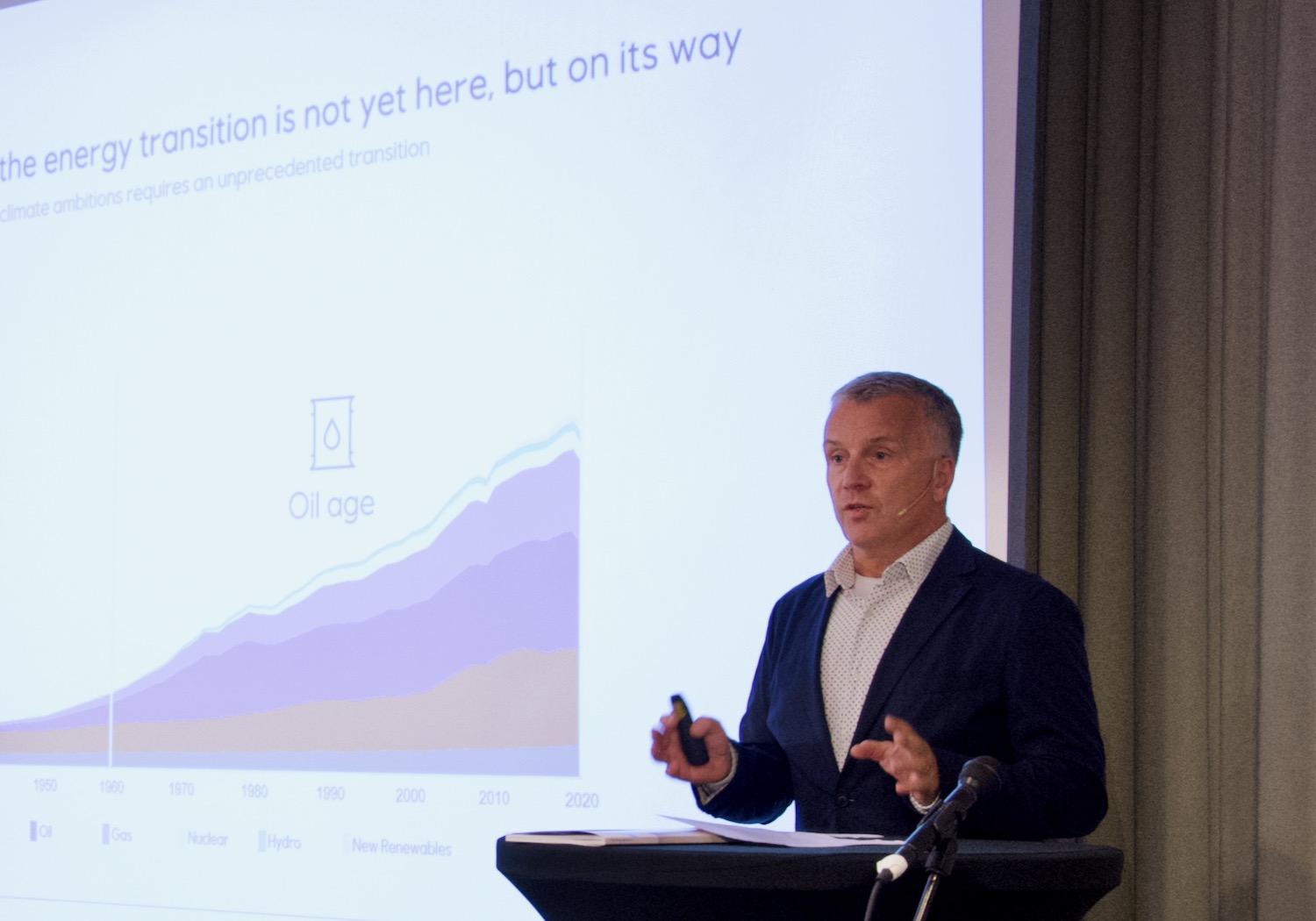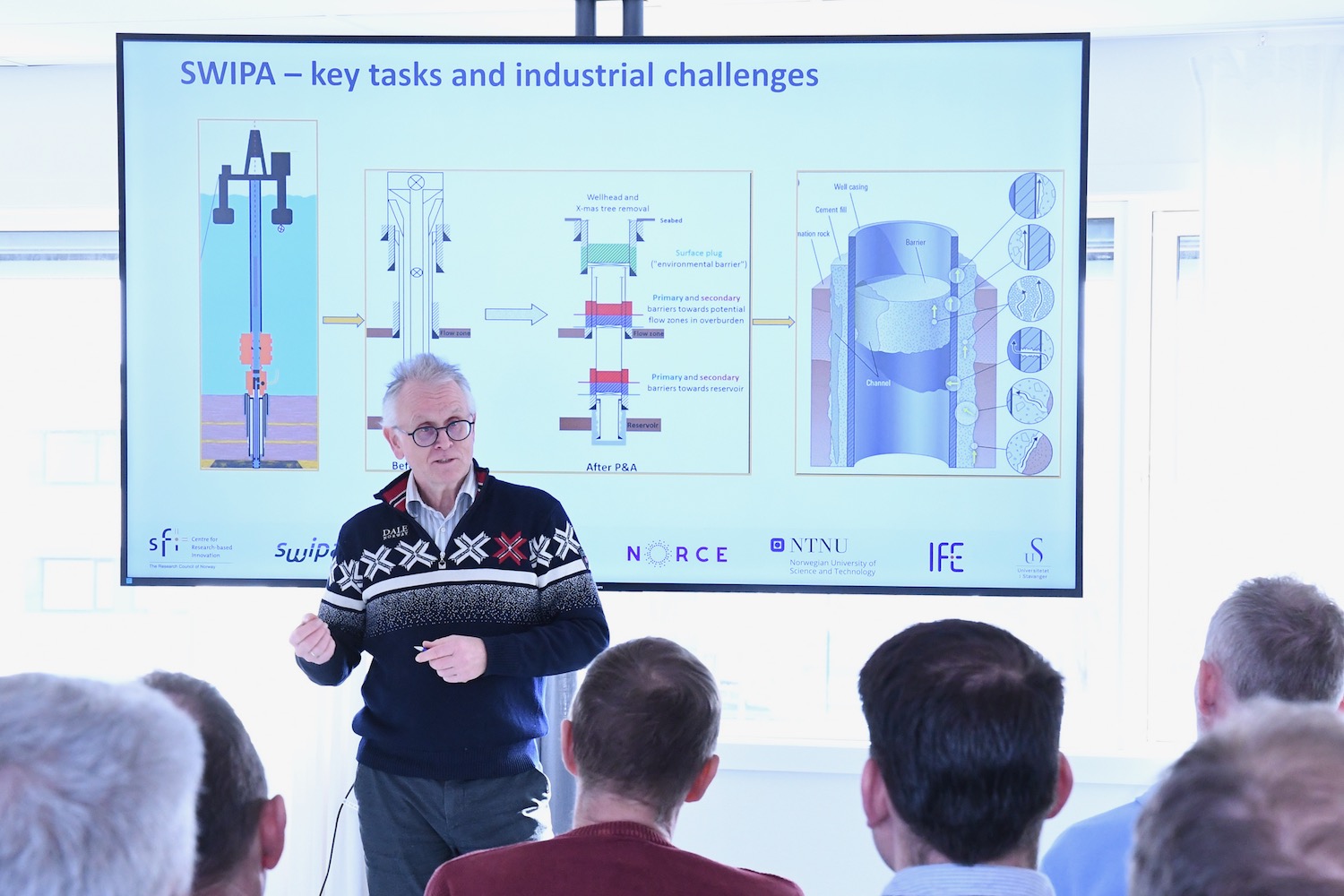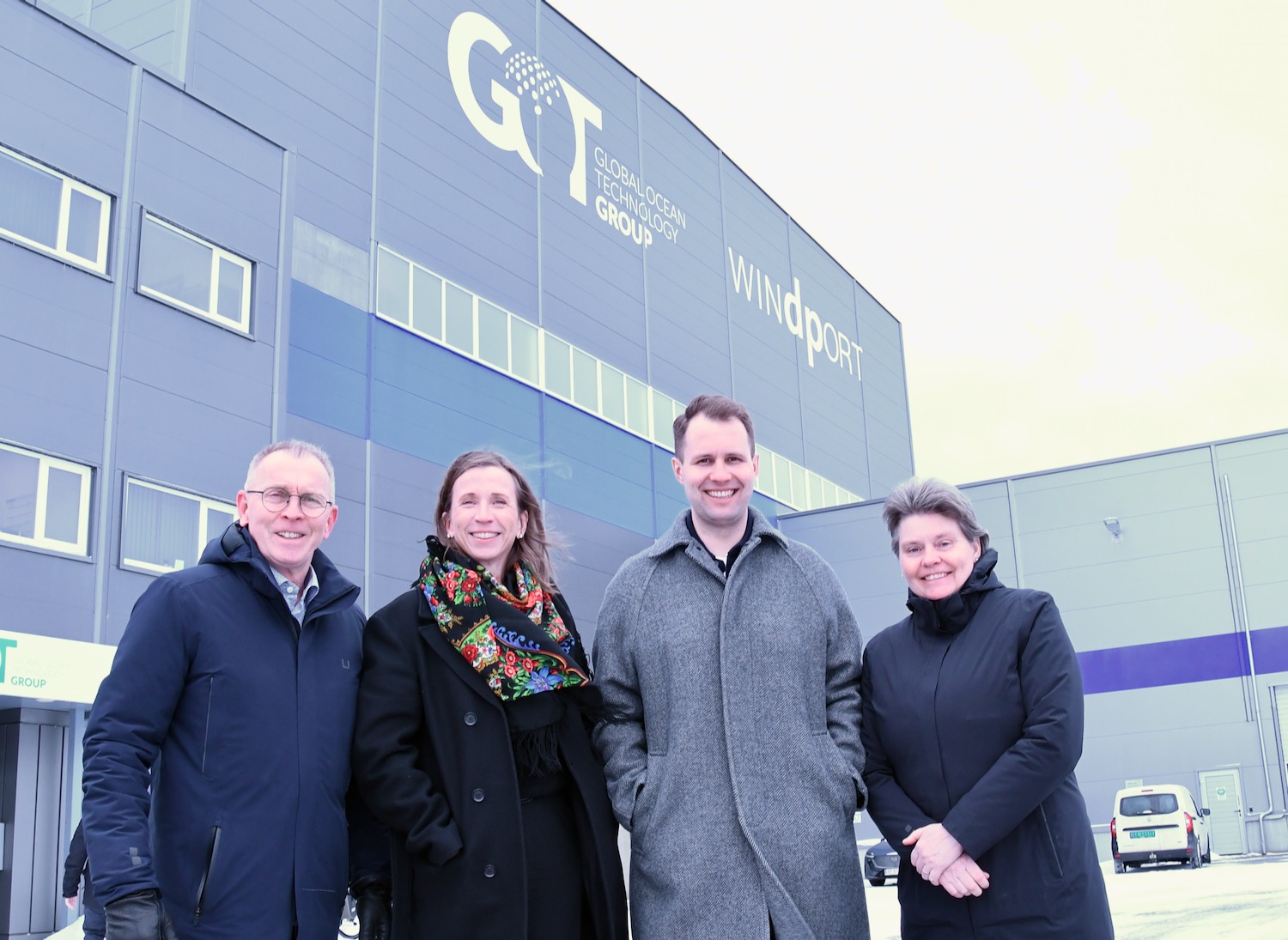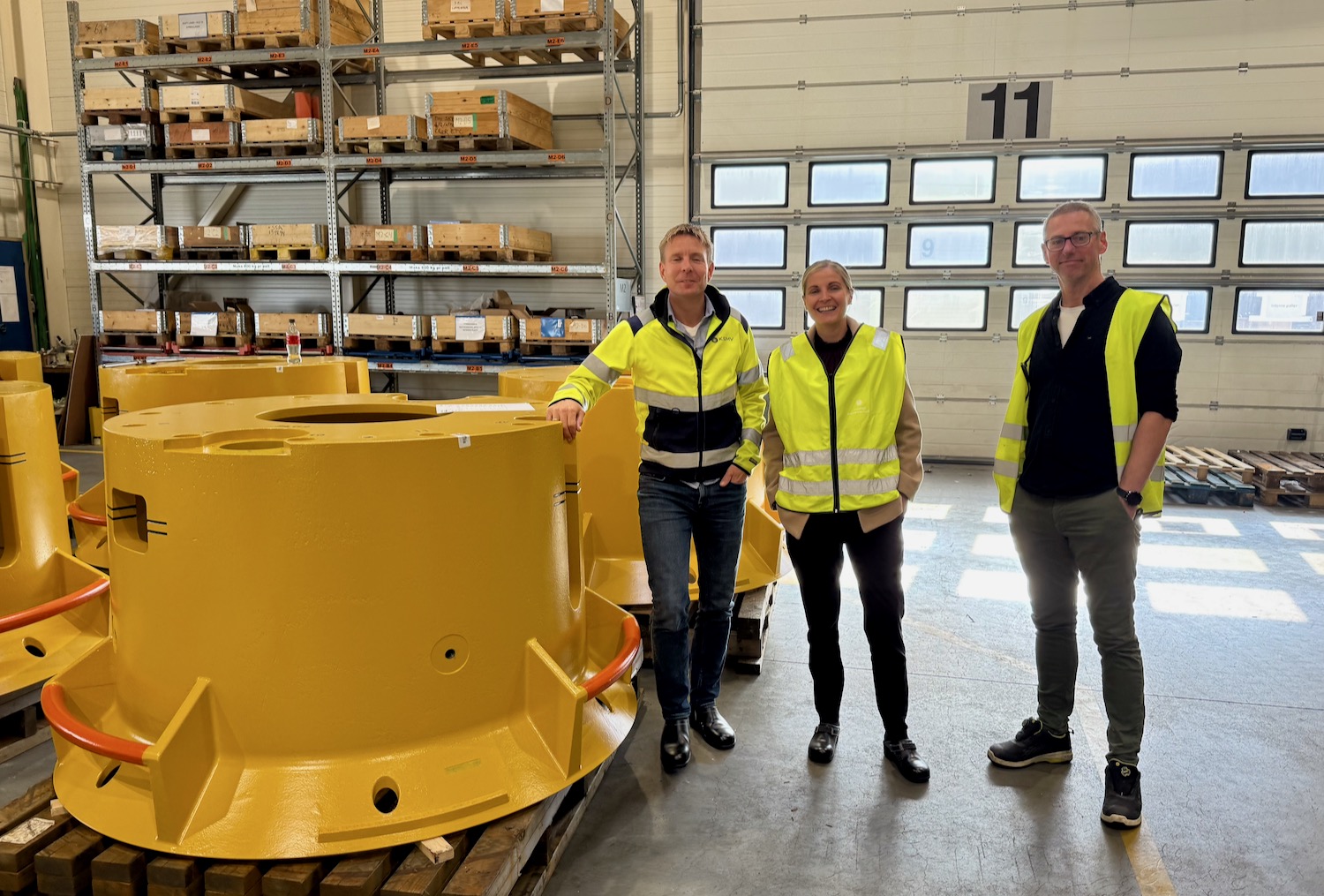“The climate target of 1.5 degrees outlined in the Paris Agreement is unrealistic,” said Wærness, Senior Vice President and Chief Economist at Equinor.
“We are more optimistic today than before, but we still believe the world will be somewhere between 2.0 and 2.5 degrees warmer,” said Wærness – a keynote speaker at The Future of Energy, an event organized by GCE NODE and ONS on the opening day of Arendalsuka.
ADDITION, NOT TRANSITION
Many people refer to the energy transition from fossil to renewable fuels as ongoing. Wærness disagrees.
“We are experiencing an energy addition, not an energy transition. The world consumes more coal than ever and more oil than ever. So far, renewable energy has been an addition to the existing energy production and consumption. The energy transition is not yet here, but it is on its way,” said Wærness.
Equinor data suggest that the upcoming energy transition is not likely to be strong and fast enough to support global climate goals.
“The global energy system keeps growing. Achieving the climate ambitions is unlikely, given the need to deliver energy to a growing global economy. Geopolitical conditions add challenges to the transition. Our conclusion is that 2 degrees warming is within reach, the ambition of 1.5 degrees is not,” said Wærness.
MORE: Pictures from The Future of Energy 2024
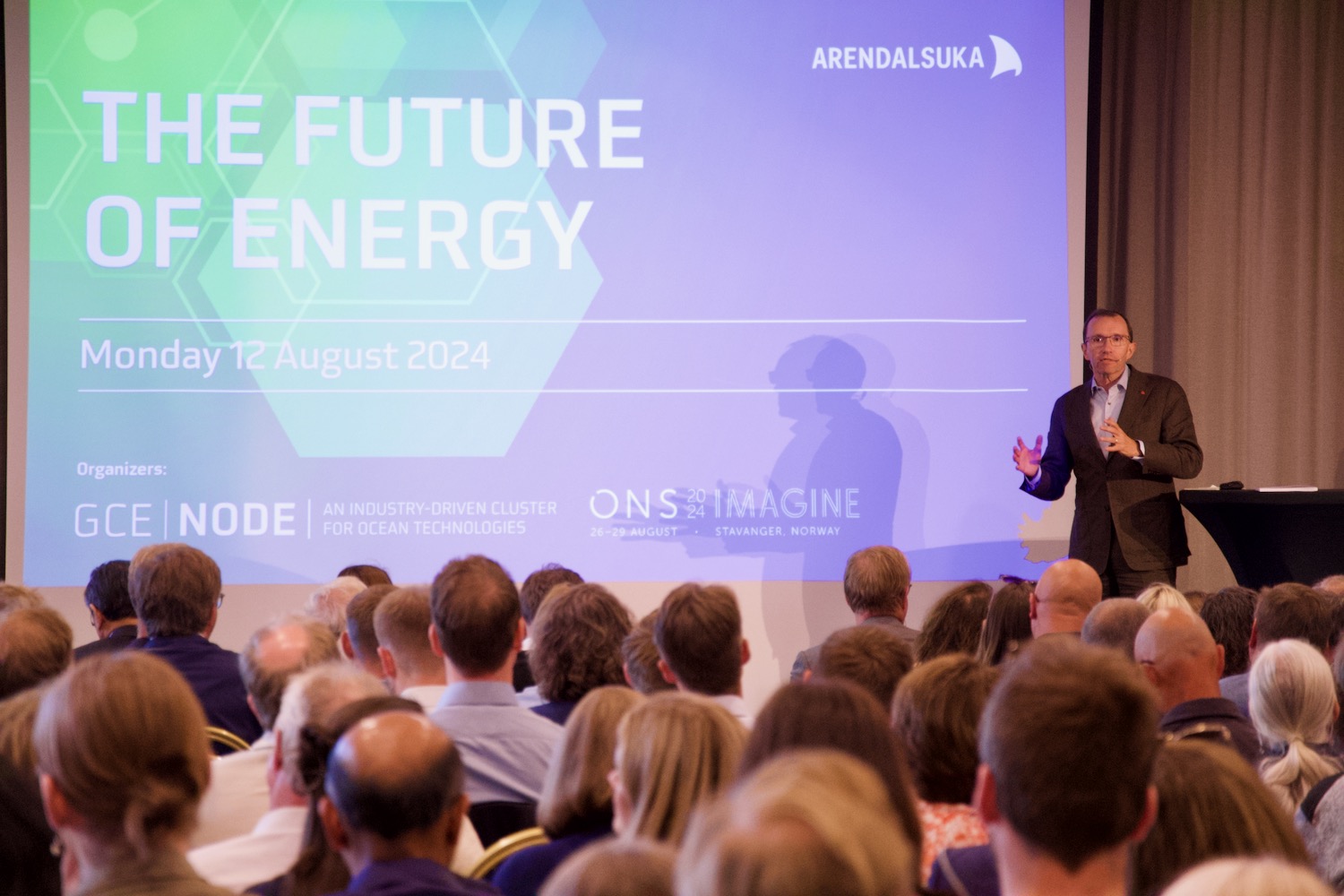
EIDE: “1.5 DEGREES UNLIKELY”
Norwegian Minister of Foreign Affairs, Espen Barth Eide, agreed that 1.5 degrees seems very unlikely. He called for more investments in renewables.
“Electrification and technology development present great business opportunities. They also increase energy independence, which has become more important in recent years,” said Eide.
Norway has played a key role in supplying Europe with more gas, following the Russian invasion of Ukraine and the consequent loss of Russian gas to Europe.
“Europe wants Norway to be a key supplier of fossil fuels. The message from Brussels is: “We still use fossil fuels, so please produce it and sell it to us”. Still, Europe would also like to see Norway as an energy provider in a more renewable future,” said Eide.
